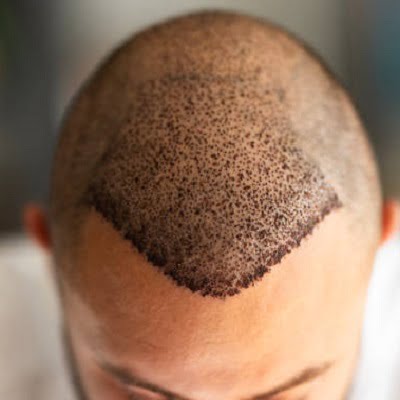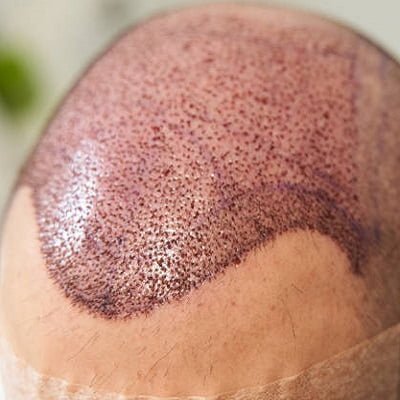Baldness is a global problem affecting over 50% of the world’s population, and affects both genders. Although women lose hair, they can hardly notice that they are bald while men allow forming clear areas of hairless skin. The people of Islamabad are also in search of the best possible treatment for alopecia problems. But there’s a question: Whose hair is used in hair transplant? For those people who have such problems, hair transplant appears to be a very effective remedy. You can always visit the SKN-PK in Islamabad and get your hair transplanted by our proficient hair Specialist Surgeon.
How Hair Transplant Performed in Islamabad?
The strategies that underpin a hair relocate and activities that are central to the approach used to achieve more natural, thicker hair include. Whether you opt for FUT, FUE, mesotherapy, or PRP treatment, the process generally follows these steps.
Consultation:
The baldness will be assessed by the surgeon and then recommend to you the available options regarding the hair restoration.
Planning:
From the consultation it is possible for the surgeon to make recommendations for your treatment and give out a schedule to follow.
Pre-Treatment Care:
The care that one should take before the surgery will be advised to you to better prepare for the surgery.
Anesthesia:
On the day of the surgery, local anesthesia will be administered to you to realize analgesia of the scalp area.
Follicle Extraction:
Depending on which of the two methods he or she has chosen, the surgeon will shave hair follicles from the donor area.
Grafting:
In this method, the follicles are transplanted at the recipient area after the area had been sown by cutting it with special needles known as micro electro motor hairs are sited even at the smaller follicles at the hairline but the thickest hair is positioned on a central part to create volume.
Post-Procedure Care:
The only time when the client will be administered medications that will help him get the best result will be when the donor area is shaved.
Whose hair is used in hair transplant?
Hair transplants are a popular solution for those struggling with hair loss, but a common question is who is the candidate that has hair which is used in these processes? With that knowledge, one will be in a position to understand the right line of action to take and avert disappointment.
Autologous Hair Transplantation
- Hair grafting is normally taken from the head and this will normally be hair of the person who is to undergo the transplant.
- This is known as autologous hair transplant and is widely used because it is very hard to transplant hair that is not in some way related to the hair found on the head of the individual.
Harvesting Techniques
There are primarily two techniques for harvesting hair follicles. Hair restoration surgical procedures are FUT and FUE.
- FUT is a process in which a strip of hair bearing scalp is excised from the posterior part of the scalp and then dissected into distinct follicular units, for grafting.
- FUE is a method of harvesting hairs one by one from the donor area using a device that is designed for this purpose and results in less scarring.
The Donor Area
The donor area is determined based on its density and this is usually on the sides and at the back of the head. Another area is less sensitive to the attacks of androgenetic alopecia (male or female pattern baldness) depending on which part of the head it develops; this makes this area strategic in sourcing of healthy hair follicles.
Alternative Sources
The placement of hairs extracted from the donor area on the patient’s scalp is possible when a patient does not have enough hair in this area, although it is a very uncommon situation; another option is body hair transplantation or using hair from a loved one.
Final Thoughts:
Hair loss involves more than half of the world’s population and men and women alike are concerned about it. The treatments like hair transplantation which is provided by SKN Clinic are quite effective in Islamabad. Preferably the hair to be transplanted is also obtained from the individual patient to ensure it is compatible with the other tissues and also will improve results. The center in Islamabad, specifically SKN Clinic, helps with hair loss in a systematic manner from the time of consultation to after the procedure.



